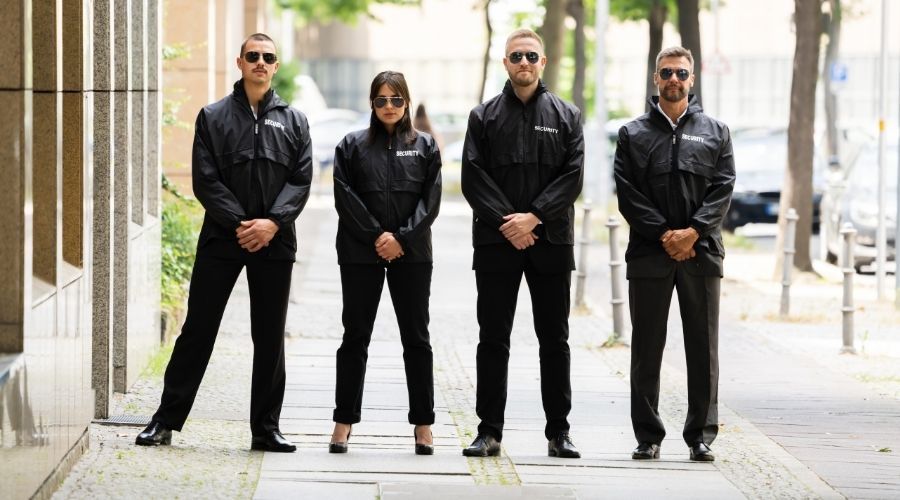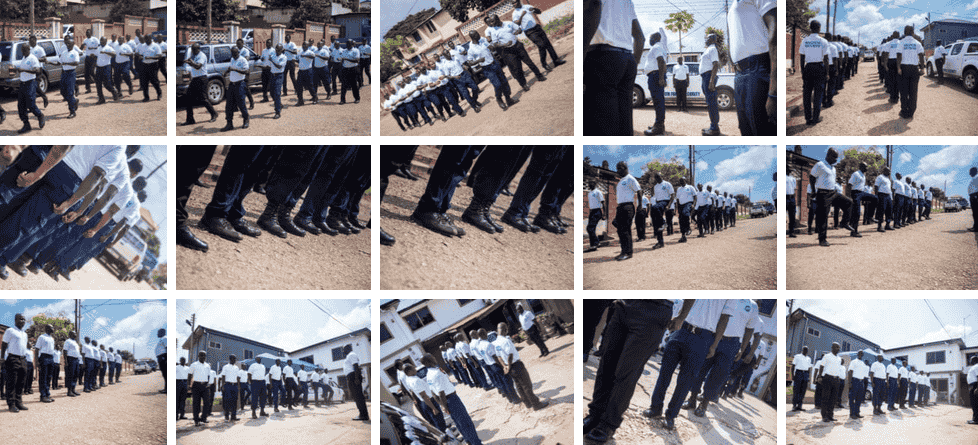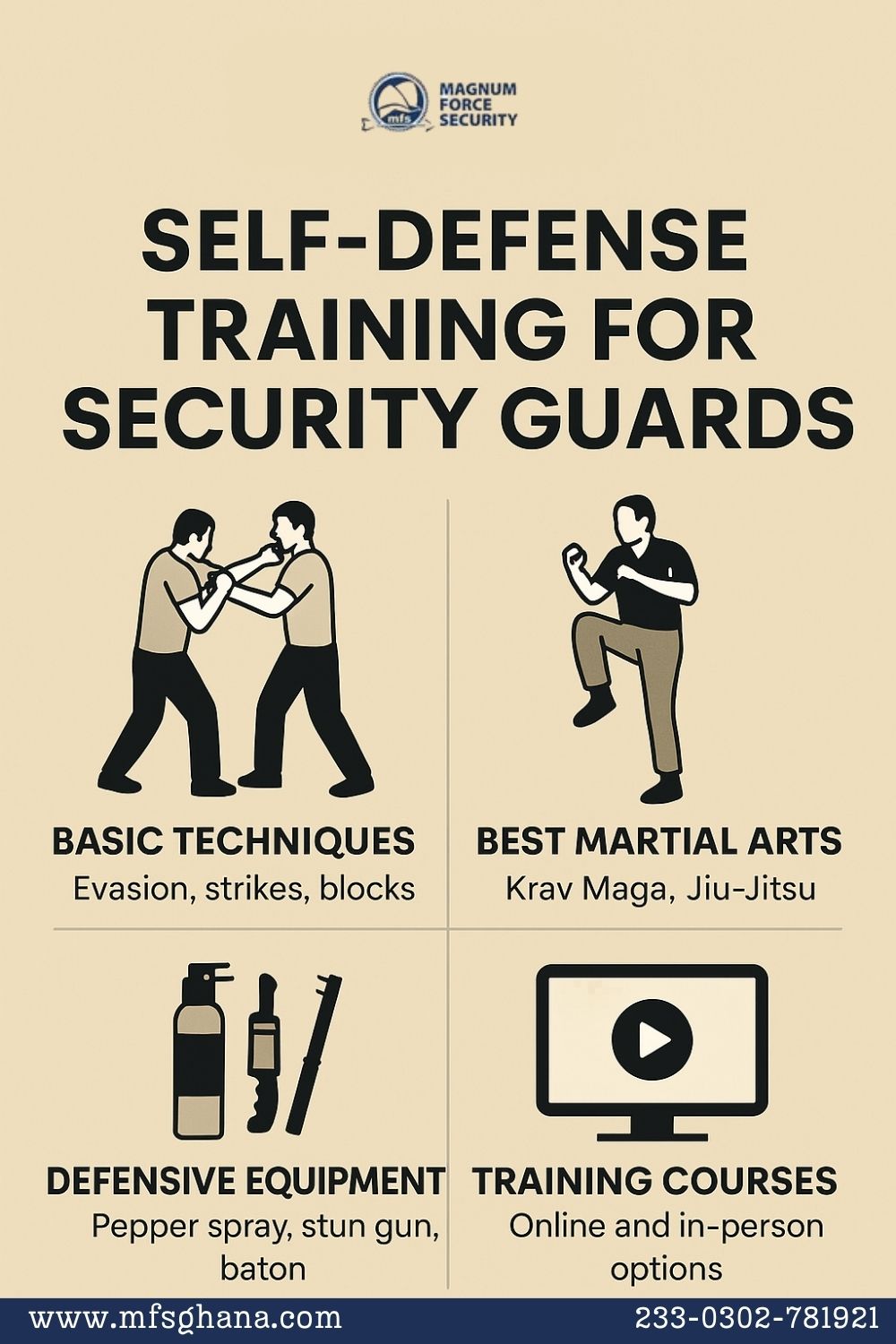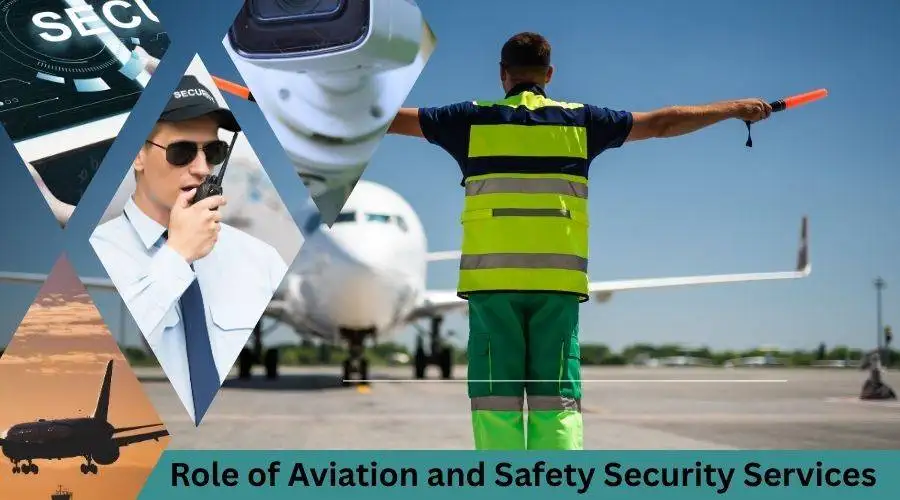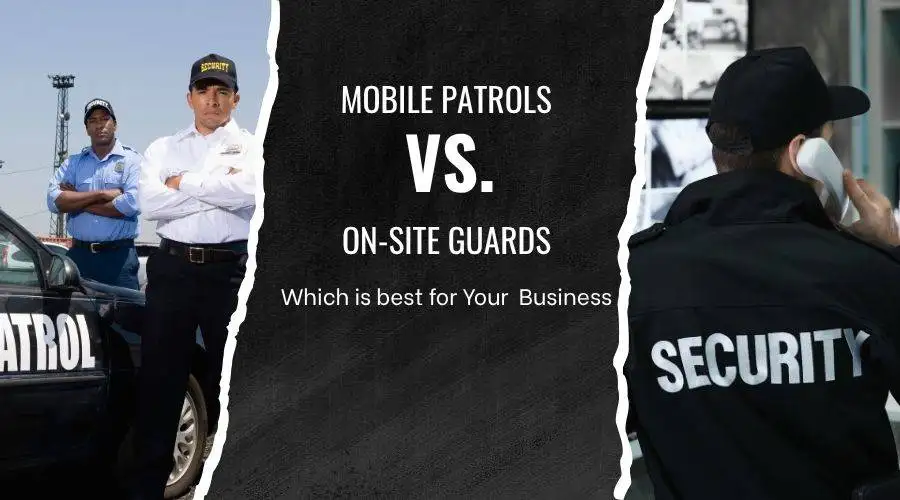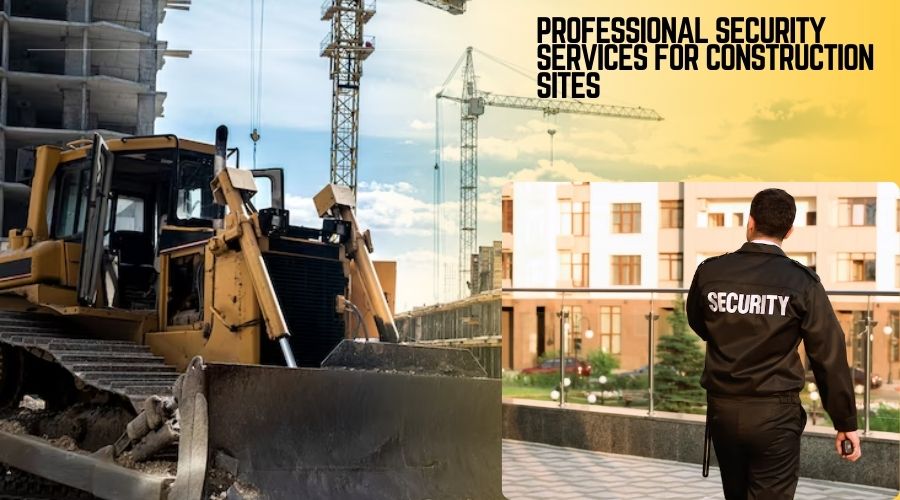Security guards serve as the first line of defense in safeguarding people, property, and assets. Their job often involves facing potential threats such as physical assaults, theft attempts, or handling aggressive individuals. To ensure their safety and effectiveness in their roles, Self-Defense Training for Security Guards is crucial.
Self-defense is not just about fighting back—it’s about being prepared, recognizing danger, and using the best techniques to neutralize threats without unnecessary violence. Security guards must be equipped with physical skills, situational awareness, and legal knowledge to handle any security breach effectively.
In this guide, we will discuss the importance of self-defense training, essential techniques, the use of non-lethal weapons, and advanced training options that enhance security personnel’s effectiveness.
Why Security Guards Need Self-Defense Skills
Security personnel operate in high-risk environments, including malls, corporate buildings, residential areas, and public events. Their job requires them to confront individuals who may be armed or acting violently. Without proper Self-Defense Training, security guards put themselves at risk of injury or worse.
Common Threats Faced in the Field
Security guards encounter various threats in their line of duty, such as:
- Aggressive individuals: Drunk, disorderly, or hostile individuals who may physically attack guards.
- Armed threats: Attackers carrying knives, firearms, or other dangerous weapons.
- Theft and robbery attempts: Criminals attempting to steal valuables or commit burglaries.
- Unruly crowds: Large gatherings at events, protests, or riots can escalate into dangerous situations.
- Physical confrontations: Some individuals may engage in hand-to-hand combat with security guards.
Without proper Techniques for Security Guards, handling these threats can be difficult and dangerous.
Core Self-Defense Skills
Recognizing and Avoiding Danger
The best defense is to avoid a dangerous situation altogether. Security guards must be trained to:
- Identify suspicious behavior early.
- Maintain a safe distance from potential threats.
- Use verbal de-escalation techniques to diffuse tension.
- Recognize warning signs of an imminent attack.
Situational awareness is a critical part of Self-Defense Training for Security Guards and helps prevent conflicts before they occur.
Effective Blocking and Counterattacks
When avoidance isn’t possible, security guards must know how to protect themselves using defensive tactics, including:
- Blocking techniques: Using arms and legs to deflect attacks and minimize damage.
- Counterattacks: Striking key areas such as the nose, throat, or groin to neutralize threats.
- Quick disengagements: Moving away safely without escalating the situation.
Training at a security training center in Ghana ensures security personnel learn effective defense techniques that are applicable in real-world scenarios.
Real-World Combat Techniques
Dealing with Aggressive Individuals
Security guards must handle aggressive individuals carefully to avoid unnecessary injuries or legal repercussions. The best approach includes:
- Using defensive stances: Positioning the body to minimize vulnerability and maximize control.
- Controlling the attacker’s movements: Redirecting their force to neutralize the threat.
- Applying pressure points: Using minimal force to control an aggressive individual effectively.
Takedown and Control Methods
When physical confrontation is unavoidable, best methods of self-defense include:
- Joint locks and holds: These allow guards to restrain an attacker without causing significant harm.
- Grappling techniques: Helps in subduing individuals quickly and efficiently.
- Escape maneuvers: Guards should know how to break free from an attacker’s grip.
These techniques are particularly useful in bodyguard training and school security guard training, where hands-on defense is essential.
Use of Non-Lethal Weapons
Pepper Spray, Stun Guns, and Expandable Batons
Non-lethal weapons provide security guards with alternatives to physical force. Some of the most effective options include:
- Pepper spray: Causes temporary blindness, difficulty breathing, and intense irritation, giving guards time to restrain an aggressor or escape.
- Stun guns: Deliver an electric shock that immobilizes attackers momentarily.
- Expandable batons: Useful for defensive strikes, controlling crowds, and subduing aggressors.
Training Requirements and Legal Aspects
Security guards must receive proper training at a security training center in Ghana to understand:
- How to handle non-lethal weapons safely.
- Legal limitations on their use.
- When and how to deploy them effectively in real-life situations.
Corporate Security Training: Essential Tips for Protecting Your Business
Advanced Training Options
Tactical Training Courses
Advanced Self-Defense Training enhances security guards’ expertise and response times. These courses cover:
- Close-quarters combat: For situations where escape is not possible.
- Disarming techniques: Handling attackers with knives, guns, or blunt objects.
- Crowd control tactics: Managing large groups safely and efficiently.
- Hostage negotiation and crisis management: Handling high-risk situations with minimal casualties.
Certification Programs for Security Professionals
Becoming a certified security professional increases job opportunities and credibility. Some top certification programs include:
- Online security guard classes for flexible training.
- Bodyguard training to specialize in VIP protection.
- School security guard training for professionals working in educational institutions.
Enrolling in these programs ensures security guards stay updated with the latest self-defense strategies.
Best Martial Arts for Security Guards
Security guards face various physical threats in their line of duty. To ensure their safety and efficiency, they must develop strong self-defense skills. While general self-defense techniques are essential, training in martial arts provides security personnel with specialized skills to handle aggressive individuals effectively.
The best martial arts for security guards focus on real-world application, control tactics, and quick neutralization of threats. Below are the top martial arts that every security professional should consider learning:
1. Krav Maga
Krav Maga is one of the most effective self-defense systems for security guards. Developed for the Israeli Defense Forces (IDF), this combat system is designed for real-world scenarios. It focuses on neutralizing threats quickly and efficiently.
Key Benefits:
- Real-World Application: Krav Maga emphasizes defending against armed and unarmed attackers in real-life situations.
- Rapid Response: Guards learn to react instinctively under pressure.
- Focus on Vital Points: Techniques target vulnerable areas like the eyes, throat, and groin for maximum efficiency.
- Disarming Techniques: It teaches how to counter weapons such as knives and guns.
Best Techniques for Security Guards:
- Defending against chokes and grabs
- Disarming weapons (knives, guns, batons)
- Quick takedown methods
- Counterattacking with minimal effort
2. Jiu-Jitsu
Brazilian Jiu-Jitsu (BJJ) is an excellent martial art for security guards who need to restrain individuals without excessive force. It is particularly useful in situations where physical confrontation is unavoidable but must be controlled safely.
Key Benefits:
- Control Without Injury: Jiu-Jitsu teaches joint locks and holds, allowing security guards to restrain attackers without causing severe harm.
- Ground Fighting Mastery: Many confrontations end up on the ground, making BJJ an essential skill.
- Escaping Dangerous Holds: Security personnel learn how to break free from chokes, locks, and holds.
Best Techniques for Security Guards:
- Arm locks and joint manipulations
- Body positioning to control aggressive individuals
- Chokeholds to subdue without striking
- Escape techniques from grabs and bear hugs
3. Boxing and Muay Thai
Both boxing and Muay Thai are excellent striking arts that improve hand-to-hand combat skills. Security guards often deal with aggressive individuals who may attempt to punch or kick them. These disciplines provide guards with the ability to block, counter, and disable threats efficiently.
Key Benefits:
- Improved Reflexes: Training in boxing and Muay Thai enhances reaction time and striking speed.
- Effective Striking Power: Guards learn how to use punches, elbows, knees, and kicks to neutralize threats.
- Better Footwork and Balance: Avoiding attacks and maintaining proper positioning are crucial in self-defense.
- Conditioning and Endurance: These martial arts improve stamina, ensuring guards remain effective during prolonged confrontations.
Best Techniques for Security Guards:
- Jab-cross combinations for quick counterattacks
- Elbow strikes for close-quarters defense
- Knee strikes for takedown prevention
- Defensive techniques like bobbing, weaving, and blocking
How to Choose the Right Training Program
When selecting a security training center in Ghana, consider:
- The qualifications and experience of instructors.
- Course comprehensiveness and hands-on training.
- Legal and ethical training aspects.
- Certification and career advancement opportunities.
Investing in best methods of self-defense is a smart decision for any security professional looking to enhance their skills and protect themselves effectively.
For professional self-defense training, contact Magnum Force Security Ltd today. Call our Security Team Every Day: 233-0302-781921
Get the Best Self-Defense Training Today!
If you’re looking for professional Self-Defense Training that prepares you for real-world security challenges, Magnum Force Security Ltd is here to help. Our expert-led training programs are designed to equip security guards with essential self-defense skills, advanced tactical techniques, and the proper use of non-lethal weapons.
Call us today and start your journey towards becoming a highly skilled security professional!
📞 Emergency Contact Line: 233-0508-983858
FAQs About Self-Defense Training for Security Guards
Q. What is the best self-defense training for security guards?
The best self-defense training for security guards includes techniques for recognizing threats, blocking attacks, countering aggression, and using non-lethal weapons like pepper spray and stun guns.
Q. Where can I find a security training center in Ghana?
You can enroll in a security training center in Ghana that offers specialized programs in self-defense, tactical training, and certification for security professionals.
Q. What is included in bodyguard training?
Bodyguard training focuses on advanced defensive tactics, VIP protection, firearms training, and close-quarters combat to handle high-risk situations.
Q. How can school security guard training help improve safety?
School security guard training teaches situational awareness, conflict resolution, and defensive techniques to ensure student and staff safety in educational institutions.

